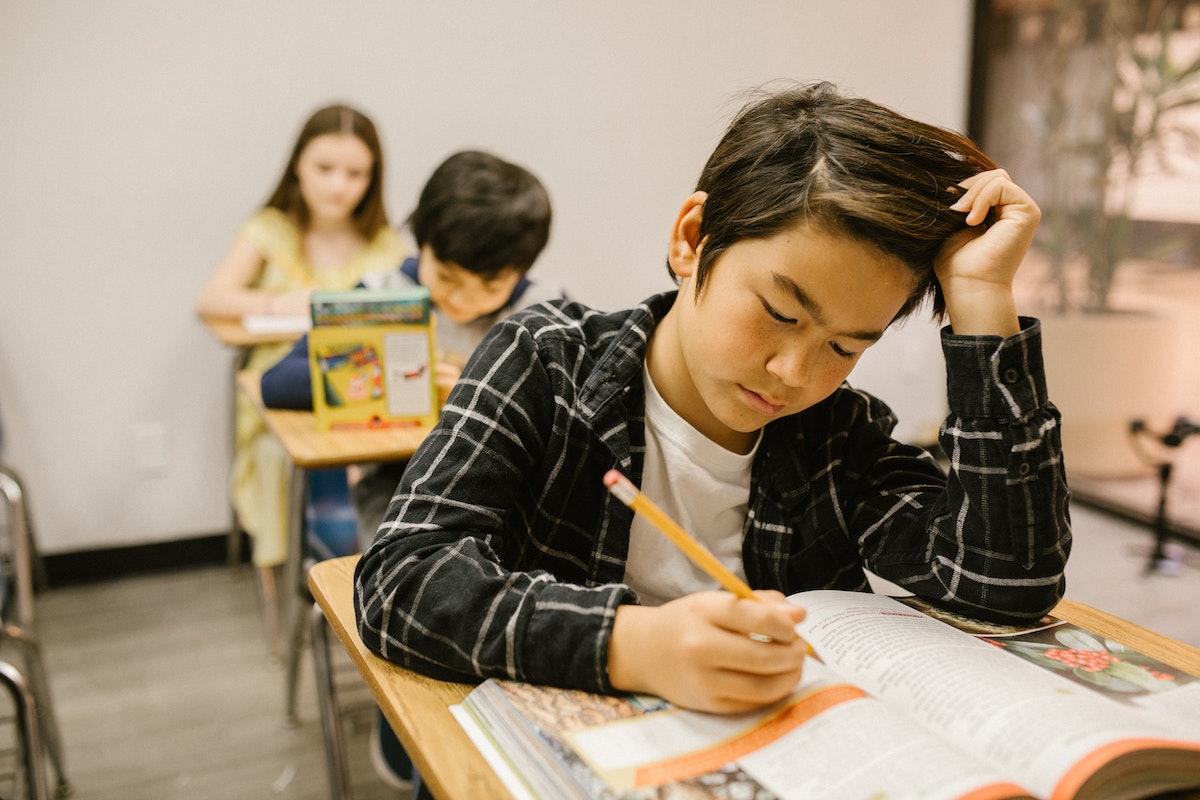Literacy in children is essential for success in school and life. However, not all children have the same level of literacy skills. Some may need a little extra help to be able to read and write at grade level. Luckily, many resources are available to help increase your child’s literacy.
Dictionaries and Thesauruses
A dictionary can help with spelling, reading comprehension, and writing. A thesaurus can also help by providing different words to use in place of others. When improving your child’s literacy using a dictionary or thesaurus, pick one appropriate for your child’s age and reading level. For example, you would not want to use a collegiate-level dictionary with a first-grader.
To maximize the usefulness of a dictionary or thesaurus, have your child look up words they don’t know and then use the new words in sentences. This will help with both vocabulary and writing skills.
The Library
The library is an excellent resource for increasing literacy. Not only does the library have books, but it also has a staff of people who are knowledgeable about literacy and can help you find the resources you need. You can also use a free library lesson plan to teach your kids. These include story times, book clubs, and other activities that can help with both reading and writing skills.
Your children can also benefit from programs at the library. Many libraries have summer reading programs to help your child maintain their reading skills during the break from school.
Books
Books can be used in several ways to help your child become a better reader and writer. For example, you can use books to help with phonics and spelling. Let your child pick out books that interest them, as they are more likely to read them. In addition, have your child read aloud to you. This will help with their fluency, or how well they can read a text. When they are reading to you, they can also practice their expression and intonation.
Books can also be used to improve reading comprehension. After your child reads a book, ask them questions about what happened in the story. This will help with both reading and critical thinking skills.
In addition, books can be used to model writing. Have your child read a well-written book and then have them write a story using the same style. This will help with both writing and grammar skills.
Magazines, Newspapers, and Websites
In addition to books, many other types of print materials can be used to help with literacy. Magazines, newspapers, and websites can all be used to improve reading skills. Most of these materials are written at a higher level than books, so they can be used to challenge your child. But, you can find designated children’s sections in some newspapers, and there are also websites specifically for kids.
Audiobooks
Audiobooks can help with reading, writing, and listening skills. They contain the same content as a regular book, but they are read aloud. This can be helpful for struggling readers or for kids who want to hear how a word is pronounced. Audiobooks can also help with fluency and expression. In addition, some audiobooks contain activities or discussion questions to help with comprehension.
Educational Games and Toys
Many educational games and toys can help with literacy. These games and toys can be used to help with a variety of skills, including phonics, spelling, and reading comprehension. To effectively use these games and toys, try to find ones that are specifically designed to help with literacy skills.
Apps
There are as many literacy apps as there are games and toys. Some apps have been specifically designed to help with literacy, while others are general educational apps that can be used to help with a variety of skills. To find the best app for your child, you should first know what skill you want to focus on. Then, you can search for an app that is designed to help with that specific skill.
Many different resources can be used to help with literacy. By using a variety of resources, you can help your child become a better reader, writer, and thinker. By selecting appropriate resources for your child’s age and skill level, you can ensure they get the most out of the experience. And by choosing resources that your child will enjoy, you can help keep them engaged and motivated to learn.


